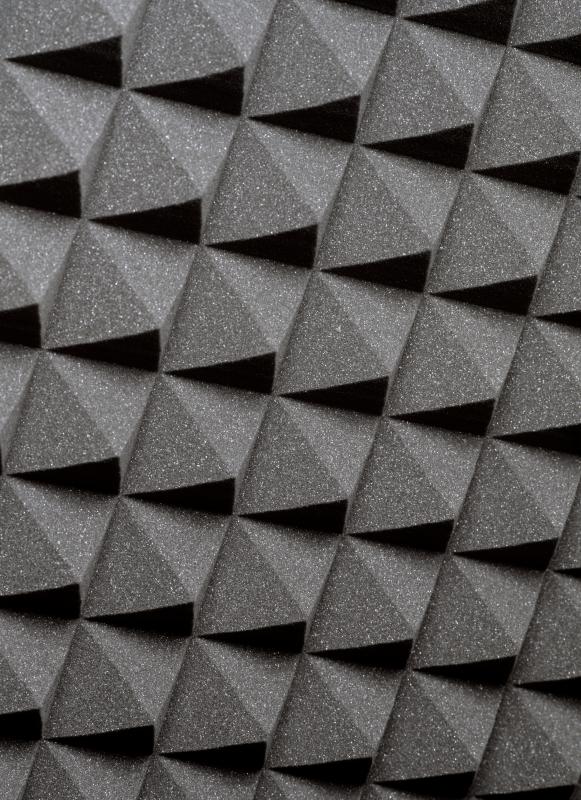At HomeQuestionsAnswered, we're committed to delivering accurate, trustworthy information. Our expert-authored content is rigorously fact-checked and sourced from credible authorities. Discover how we uphold the highest standards in providing you with reliable knowledge.
What is a Party Wall?
A party wall, which may also be called a parti-wall, is shared by at least two properties. Typically, parti-walls divide two different housing units; therefore, a party wall is considered as being shared equally between the separate home dwellers, or parties. Townhouses, or row homes, as well as condominiums typically have party walls. A townhouse is one of a row of homes that share common walls, while a condominium is a unit in a multi-storied building made up of units.
In order to be classified as a party wall, the separating divider must be common to at least two different households or properties. People who share a party wall may be tenants or owners. It can be important to note that as long as ceilings separate at least two individual units, they are also considered to be party walls. Noise can usually be easily transferred from a floor in one condominium to the ceiling of another. Condominium tenants may have to sign a written agreement prepared by the landlord about no loud noise after a certain time of day.

Noise issues apply to shared walls as well as common ceilings. Some townhouses and condominium units have floor plans with the bedroom of one unit sharing a wall with the living room of another household. It can become a problematic noise issue if loud music or talking in one residence can be heard by those trying to sleep in the next unit. Parti-wall agreements may be drawn up based purely on noise issues, or they may include construction guidelines such as no cutting into the wall without permission from the owner of the other unit.

If neighbors can agree in an informal, friendly way about lowering noise levels during certain hours, a formal parti-wall agreement may not be required. Consideration of the neighbor's situation and right to pleasant enjoyment of his or her home can make living with a party wall more enjoyable. It can also create better relationships between neighbors. Soundproofing a party wall with good quality acoustic or carpet tiles may help buffer noise.

In many countries, there usually are formal laws about sharing common walls. For example, Britain created its official Party Wall Act in 1996. It is an official part of British law; surveyors settle parti-wall disputes and represent the Party Wall Act as part of their jobs. The act is very clear about what owners or tenants may do to their side of a shared wall and what is not allowed. Painting, decorating, and adding shelves to party walls is permitted, while any major construction or changes to the structural components without an agreement from the other party is not allowed.
AS FEATURED ON:
AS FEATURED ON:













Discuss this Article
Post your comments